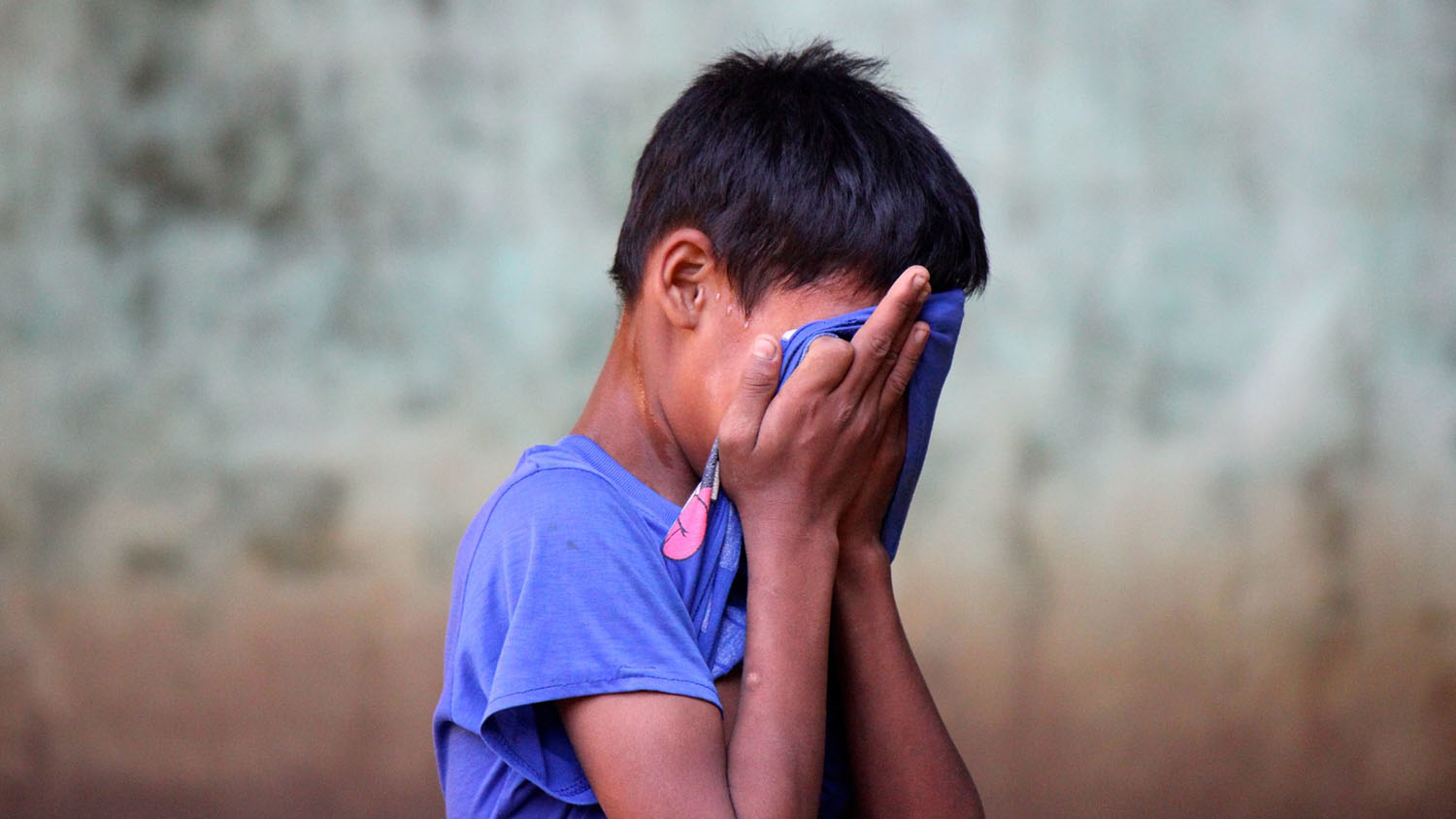For Immediate Release
A recent study finds that, while youth think all bullying is bad, non-immigrant adolescents object less to bullying when the victim is an immigrant. However, the study found that the more contact immigrant and non-immigrant children had with each other, the more strongly they objected to bullying.
“We know that bystanders can play a key role in stopping bullying, and wanted to better understand bystander responses to bias-based bullying,” says Seçil Gönültaş, first author of the study and a Ph.D. student at North Carolina State University. “What role does a victim’s background play? What role does the bystander’s background play? Are children more or less likely to intervene if they come from different backgrounds?”
To explore these questions, the researchers conducted a study with 179 children, all of whom were in either sixth grade or ninth grade. Seventy-nine of the study participants were of immigrant origin, meaning that at least one of their parents was born outside of the United States. Researchers categorized the remaining 100 participants as non-immigrants for the purposes of this study, meaning both of their parents had been born in the U.S.
Study participants read three different scenarios and were then asked a range of questions to assess what they thought of the interactions in each scenario and how they would have responded in each situation.
In the first scenario, a non-immigrant child socially bullies an immigrant child because of his or her immigrant status. In the second scenario, a non-immigrant child socially bullies another non-immigrant child for being shy. And in the third scenario, a non-immigrant child socially bullies an immigrant child for being shy. Social bullying involves verbal or emotional abuse, rather than physical abuse. Immigrant youth in the fictional scenarios were born outside of the U.S.
“In general, the kids thought bullying was not acceptable,” says Kelly Lynn Mulvey, co-author of the study and an associate professor of psychology at NC State. “But non-immigrant youth thought bullying immigrant peers was more acceptable than bullying of other non-immigrant peers. Immigrant origin youth thought bullying any of the kids was equally wrong.”
“On a positive note, we found that there were two things that made a difference,” Gönültaş says. “First, we found that the more contact children in one group had with children in another group, the less accepting they were of bullying and the more likely they were to intervene to stop the bullying. That was true for immigrant origin and non-immigrant youth.”
“We also found that children who scored higher on ‘Theory of Mind’ were more likely to intervene,” Mulvey says. “Theory of Mind is an important part of understanding other people’s perspectives, so we suspect this is likely tied to a child’s ability to place themselves in the victim’s shoes.
“Ultimately, we think this study is valuable because it can help us develop more effective anti-bullying interventions,” Mulvey adds. “For example, these findings suggest that finding ways to encourage and facilitate more positive interactions between groups can help kids to understand that all bullying is harmful and to encourage kids to step in when they see it.”
The paper, “The Role of Immigration Background, Intergroup Processes, and Social-Cognitive Skills in Bystanders’ Responses to Bias-Based Bullying Toward Immigrants During Adolescence,” is published in the journal Child Development. The work was done with support from the Society for the Psychological Study of Social Issues’ Grants-In-Aid Program.
-shipman-
Note to Editors: The study abstract follows.
“The Role of Immigration Background Intergroup Processes, and Social-Cognitive Skills in Bystanders’ Responses to Bias-Based Bullying Toward Immigrants During Adolescence”
Authors: Seçil Gönültaş and Kelly Lynn Mulvey, North Carolina State University
Published: Dec. 17, 2020, Child Development
DOI: 10.1111/cdev.13476
Abstract: This study examined how intergroup processes and social-cognitive factors shape bystander responses to bias-based and general bullying. Participants included 6th and 9th graders (N=179, M=13.23) who evaluated how likely they would be to intervene if they observed bullying of immigrant-origin and nonimmigrant-origin peers. Adolescents’ grade, intergroup attitudes, and social-cognitive abilities were evaluated as predictors of bystander responses. Nonimmigrant-origin adolescents reported that they expect they would be less likely to intervene when the victim is an immigrant-origin peer. Further, participants with more intergroup contact and higher Theory of Mind were more likely to expect they would intervene in response to bias-based bullying. Findings have important implications for understanding factors that inform anti-bullying interventions that aim to tackle bias-based bullying against immigrants.
This post was originally published in NC State News.
- Categories:



